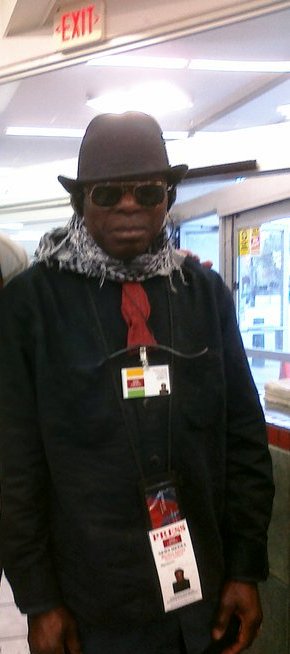Counter-radicalisation
All latest updatesHow one Brussels suburb tames its jihadists
Efforts in a Belgian town to stop young Muslims from turning to violence appear to be working

“IT WAS a time-bomb; merely a matter of when,” sighs Rafiq, a young man who runs a newspaper stand in Vilvoorde, a suburb of Brussels. Surrounded by papers with pictures of the bombers who killed at least 31 people in the Belgian capital on Tuesday, Rafiq says he is certain that more will follow in their footsteps. “In Molenbeek it’s all out in the open. It’s well-known that terrorists live there. Here, it’s more hidden.”
Vilvoorde is less notorious than Molenbeek, a Brussels suburb that has become synonymous with jihadists and their sympathisers. Yet Vilvoorde has at least as troubling a history. Between 2012 and 2014 this town, just ten minutes from the Zaventem airport, is thought to have produced more recruits for foreign jihadist groups, as a share of Muslim residents, than anywhere else in western Europe. With a large Muslim population conveniently located on the Antwerp-Brussels train line, it proved an easy hunting ground for recruiters who persuaded 28 young men to leave for Syria.
Khadija Boulahrir, who now works in Brussels, still cannot believe that her former playmates joined Islamic State (IS). “I grew up with them; they were just boys,” she says, gesturing to waist level. On the town’s Grote Markt square an older man who gives his name as Hamed says he understands all too well. “There is nothing to do here for them. No jobs, no apprenticeships, nothing...The state provoked this.” Of Vilvoorde’s 43,000 inhabitants, 43% are of foreign origin; nearly half of those are unemployed. Many have parents or grandparents who came here as guest workers, before the local Renault factory closed 20 years ago.
One thing makes Vilvoorde very different from Molenbeek. In 2014 it decided to tackle radicalisation head-on. The local government now runs a prevention programme that works with children and youths who are thought to be at risk. “We want to give them a stake in society,” says Moad el Boudaati, a social worker whose best friend was among those who left for Syria. Most of those who join IS come from broken homes, where the father is absent and the mother has lost all authority, he says. Now he spends much of his time meeting parents, speaking with young people and working with imams.
“The real aim is to increase resilience, both of the families and the young people,” adds Jessika Soors, who runs the programme. There is nothing revolutionary about the tools which she and her colleagues use, but the key is to get people to work across disciplines. When worried about a local youth, they assemble a team (perhaps a health worker, a religious leader, a social worker, someone from the parent network and a school employee) to discuss how to influence them. They may offer therapy, housing support for the family, or help in finding a job for the youths themselves. Tip-offs may come from parents or schools: after the Charlie Hebdo attacks in 2015, Ms Soors received many calls from teachers alarmed by students who called the killers heroes.
Police are involved only when necessary. The relationship between cops and local youths used to be disastrous, says Mr el Boudaati. Daily house searches and random frisking on the street bred resentment. Now the police hold town-hall meetings to hear young peoples’ grievances; the relationship is slowly improving. But Ms Soors is adamant that police involvement remain limited so as not to jeopardise trust.
Opinions are divided over the effectiveness of the Vilvoorde approach of showering could-be jihadists with kindness. (A similar programme in Aarhus, Denmark, provides even more support. In Saudi Arabia repentant radicals are provided with housing and even assistance in finding a spouse.) But thus far it seems to be a success. Authorities think no further recruits have left for Syria since May 2014.
Yet a new challenge is lurking. Of the 28 who left, five are known to have died (including Mr el Boudaati’s former best friend) and two are in prison; but about eight are thought to have returned. Dealing with returnees is in some ways harder than preventing young people from radicalising in the first place. The town’s mayor makes a point of speaking to returnees to make them feel included. At the same time, few doubt that police should monitor them closely. Returned IS fighters formed the nucleus of the terrorist cells that attacked in Paris and Brussels. One of them, according to Belgian authorities, is still on the run.

No comments:
Post a Comment